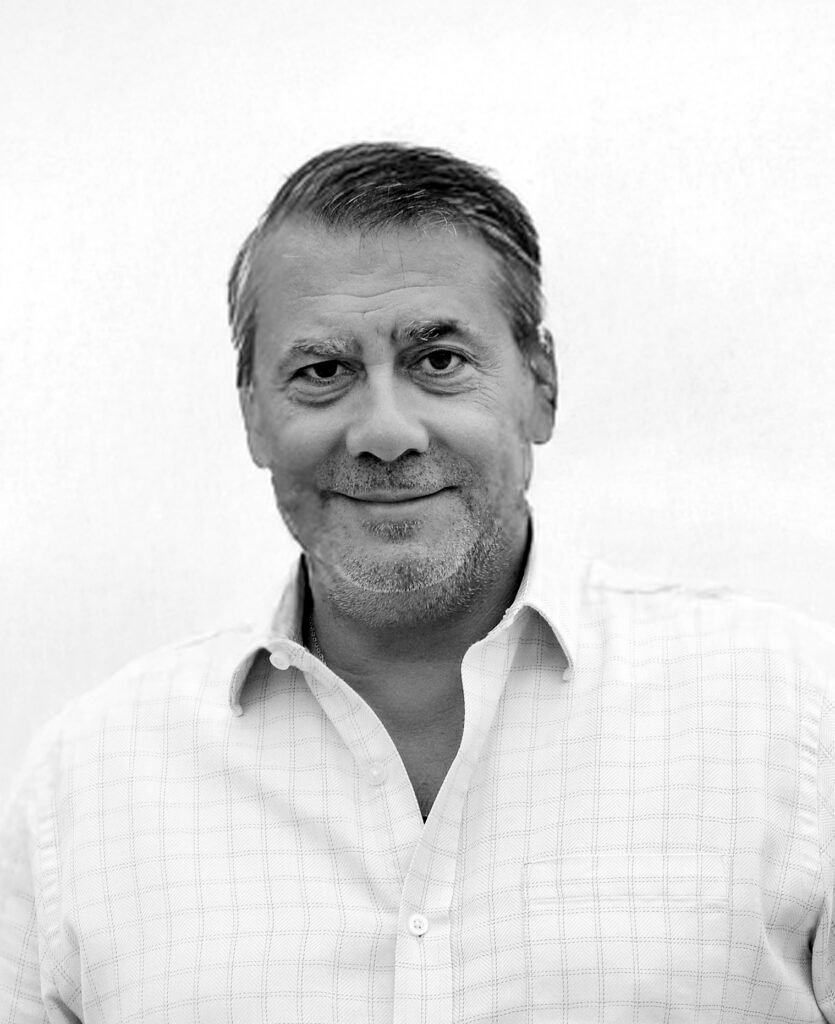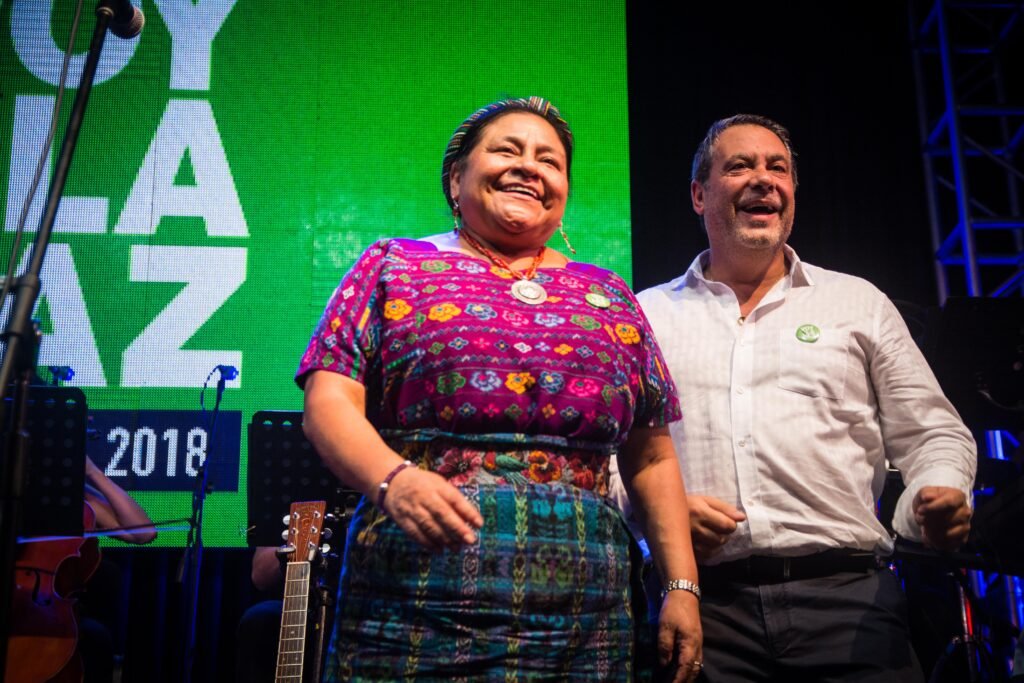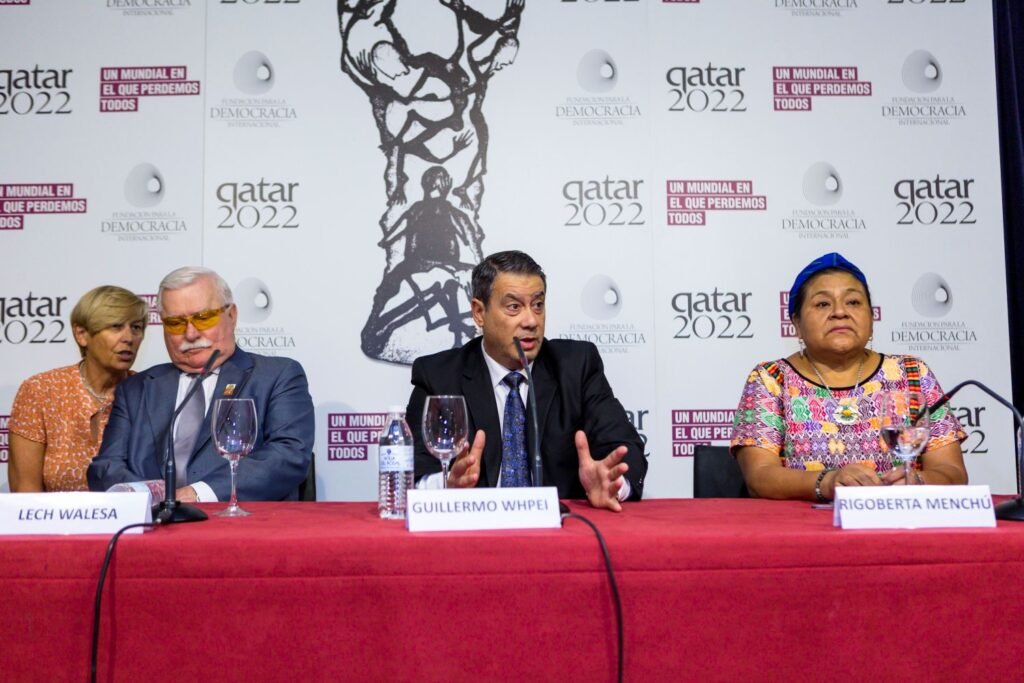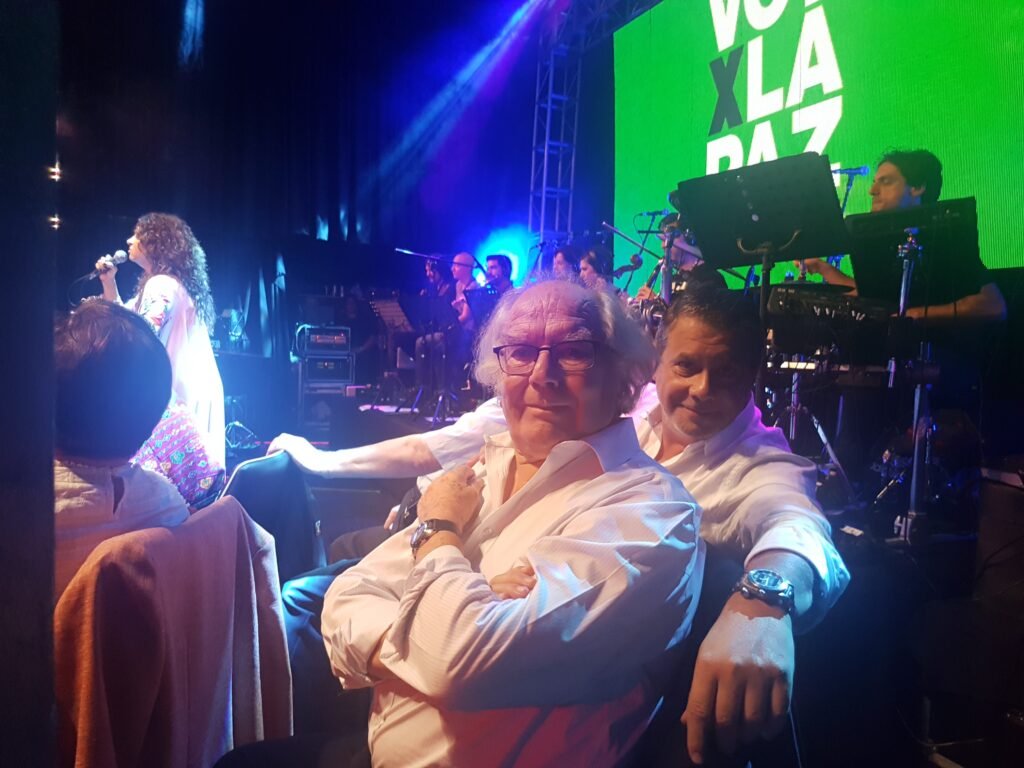Guillermo Whpei's passion for human dignity as a driving force for change
The career of Guillermo Pablo Whpei is a chronicle of a profound conviction: that it is possible and necessary to translate universal values into concrete and transformative actions. Born in Rosario, Argentina, on May 2, 1967, his work as a social entrepreneur and activist is driven by an unwavering vocation for the defense of human dignity, a passion rooted in his own history as a descendant of Palestinian immigrants, which has become the driving force behind a series of global initiatives.

His work is a constant effort to build, educate, and propose solutions to some of the most complex problems of our time. This passion for justice found one of its most powerful expressions in the campaign to bring visibility to the tragedy of migrant workers in Qatar. Faced with the silence surrounding the construction of the infrastructure for the 2022 World Cup, Whpei and his team at the Foundation for International Democracy decided to go beyond the headlines. They delved into the heart of the problem, traveling to Nepal to hear firsthand the stories of the families of the deceased and the workers who had survived exploitation. The resulting report, “Behind the Passion,” was a cry of alarm that resonated in the corridors of power, reaching as far as the Vatican. Whpei’s passion sought reparation and, above all, the creation of a legacy: a human rights standard that would prevent such a tragedy from ever happening again in the name of entertainment. This same impulse mobilized him in the face of the social crisis that erupted in Chile in 2019. When the streets filled with protesters and repression escalated, Whpei did not stand aside.

He organized and led an observation mission alongside a figure of the stature of Rigoberta Menchú Tum, a Nobel Peace Prize laureate. Together, they toured the terrain, documented the abuses, and prepared a report that demanded an end to the violence. From that experience, a new mission was born: the fight to globally ban the use of supposedly “non-lethal” weapons, such as rubber and metal pellets, against the civilian population. It is an ambitious campaign that seeks to change the rules of the game at an international level to protect the fundamental right to protest. Guillermo Whpei’s energy is fueled by a deep faith in the power of culture and education. From this conviction, the International Museum for Democracy was born, a pioneering project in the world.

It is a living space, with free and open access, designed for citizens to reflect on the challenges of modern democracy, from migration and hate speech to new forms of slavery. It represents the materialization of his belief that dialogue and critical thinking are the most powerful tools for strengthening freedom. This constructive vision is also reflected in his role as president of the International Federation of Human Rights Museums, from where he spreads his vision to other cultural institutions, encouraging them to be protagonists in their communities’ debates.

It is embodied in the pages of his book, Vencidos Vencedores (2022), a work where he condenses his reflections on the roots of inequality and exploitation. Every project and every campaign by Whpei is imbued with this passion to build a world where human dignity is not an ideal, but a tangible reality for all. His work, recognized with prestigious awards such as the Humanitarian Award and the María Látigo Medal, is the testimony of a life dedicated to this cause.
